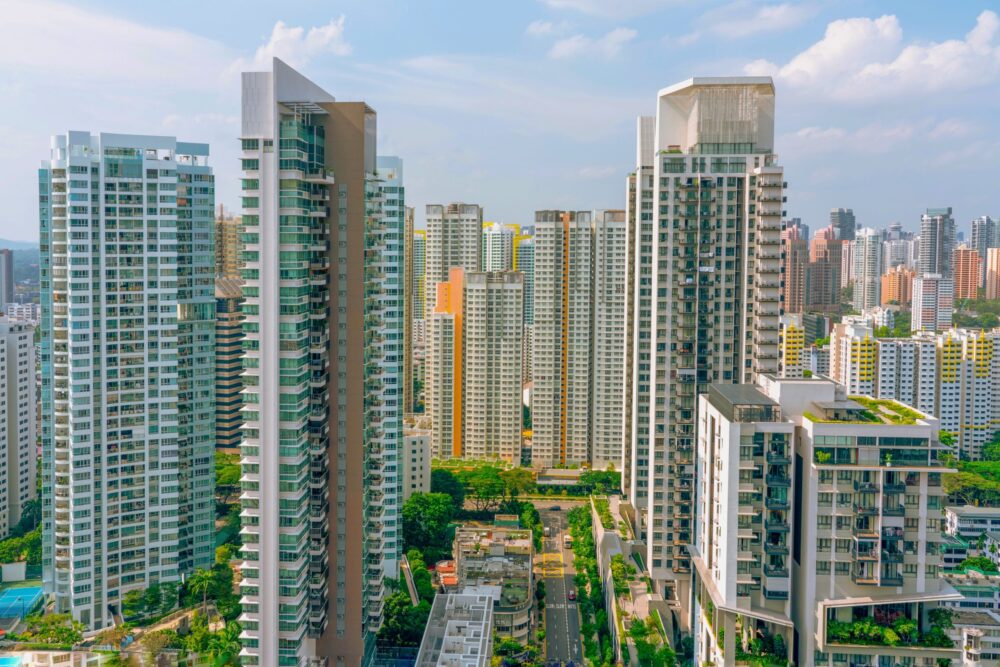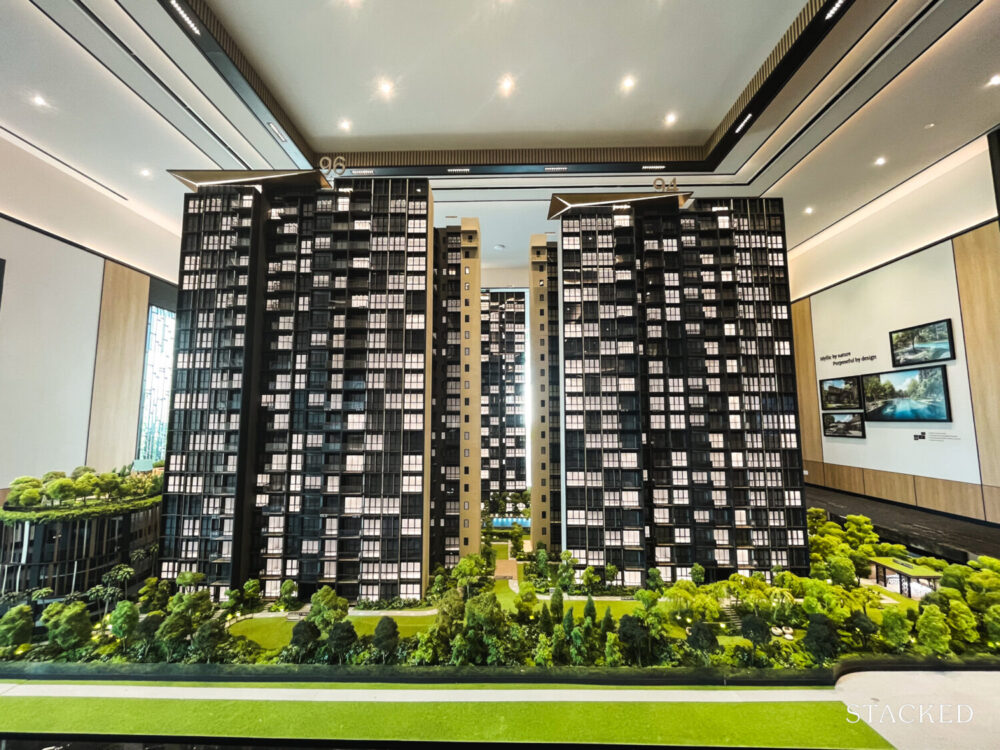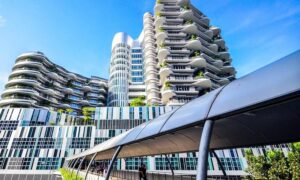In 2024, the pursuit of buying an apartment in Singapore remains a critical investment decision. This article sheds light on essential factors, from market trends to financing options, guiding you through the complexities of the real estate landscape. Understanding the intricacies of this market, backed by insider insights, is crucial for making informed decisions that lead to successful purchases.
Market Overview

Source: bh2i.law
Singapore’s real estate market in 2024 continues to evolve, marked by dynamic trends and developments. As an international financial hub, Singapore attracts a diverse range of buyers, influencing apartment prices and availability. Key trends impacting the market include governmental policy shifts, economic fluctuations, and evolving buyer preferences. These factors collectively shape the landscape, making it vital for potential buyers to stay informed about the latest market movements.
Define Your Budget
Setting a clear budget is the cornerstone of your apartment hunting journey in Singapore. A well-defined budget aligns your financial capacity with market realities. It involves a careful analysis of income, expenses, and potential financial commitments. This financial clarity not only streamlines your search but also positions you to act swiftly when the right opportunity arises. It’s about striking a balance between aspiration and affordability.
Location Matters
The significance of location in Singapore’s real estate landscape cannot be overstated. Each residential area comes with its unique charm and set of amenities. Popular areas like Orchard Road attract those seeking a bustling, central location, while regions like Tampines appeal to those desiring a more suburban feel. The choice of location impacts not just lifestyle but also potential appreciation of property value, making it a decision of both personal preference and strategic investment. If you truly care about the location check out The Chuan Park.
Property Type Options
Singapore’s diverse property landscape offers a range of apartment types, each with its unique advantages and limitations. Condominiums are renowned for their amenities and security but come with a higher price tag. HDB flats, synonymous with Singapore’s housing landscape, offer affordability and community living but have eligibility criteria. Private housing, offering exclusivity and space, caters to a niche market. Understanding the pros and cons of each type helps align your living needs with your investment goals.
Financing Options

Source: fraxtor.com
Navigating financing options is essential in the apartment purchasing journey in Singapore. Traditional bank loans are a common choice, offering flexibility but requiring a stable financial background and a good credit score. For HDB flats, HDB loans are available, presenting an alternative with unique eligibility criteria and possibly lower interest rates. Additionally, the Central Provident Fund (CPF) plays a pivotal role, offering financial assistance to eligible buyers, which can be used for down payments and loan repayments. Thoroughly understanding these options, their implications, and requirements is crucial for a financially sound purchasing process.
Legal Considerations
When purchasing property in Singapore, comprehending the legal framework is paramount. This journey starts with securing the Option to Purchase (OTP), a vital document that legally binds the seller and buyer. Following this, the Sale and Purchase Agreement, a comprehensive document, outlines the sale’s specific terms and conditions. During this phase, buyers should be cognizant of Stamp Duty laws and the Additional Buyer’s Stamp Duty, applicable variably based on one’s citizenship, residency status, and property type. Grasping these legalities is fundamental to mitigate risks and avoid unforeseen legal complications.
Engage a Real Estate Agent
In 2024, the role of a real estate agent in Singapore becomes even more pivotal. These professionals possess current market knowledge, offering insights into pricing trends and property availability. They also play a crucial role in guiding buyers through legal complexities and managing paperwork efficiently. When choosing an agent, it’s important to prioritize their experience, in-depth market knowledge, and proven track record. Seeking personal referrals or approaching reputable real estate firms are recommended strategies to find an agent who aligns with your specific needs and expectations.
Property Inspection
A thorough inspection of the apartment is an indispensable step in the property buying process. It involves a detailed assessment of the property’s condition, focusing on structural integrity, electrical systems, plumbing, and potential pest infestations. Factors such as the building’s age, any past renovations, and visible signs of wear and tear should be carefully evaluated. Conducting a comprehensive inspection can prevent future expensive repairs and ensures the property aligns with your expectations and standards.
Negotiation Strategies

Source: lyte.co
Negotiating the price and terms is a critical and nuanced part of the property buying process in Singapore. A deep understanding of current market conditions is essential. It’s advisable to start with a reasonable offer and be prepared to strategically negotiate upwards. Familiarizing yourself with common tactics in the local market, like bidding wars or strategic delays, can enhance your negotiation skills. A well-informed and strategic approach will aid in securing a fair deal that aligns with market values without overpaying.
Due Diligence
Due diligence is the meticulous process of verifying the property’s details and conditions before finalizing the purchase. This includes a thorough check of the property’s legal status, confirming there are no outstanding mortgages, legal disputes, or encumbrances, and ensuring the seller has the legitimate right to sell. This step is vital to safeguard against legal issues and potential financial losses, ensuring a secure and transparent property transaction. Skipping due diligence can lead to significant risks, making it an indispensable part of the buying process.
Closing the Deal
The final stages of buying an apartment involve signing the final agreement, making payment, and handling the handover process. Ensure all agreed-upon terms are reflected in the final documents. The payment process typically involves a home loan or mortgage arrangement. Upon completion, the final handover of the property includes receiving the keys and relevant documents, marking the successful conclusion of your property purchase.
Conclusion

Source: propertygiant.com
Purchasing an apartment in Singapore in 2024 requires careful navigation of legal aspects, engaging a knowledgeable real estate agent, thorough property inspection, strategic negotiation, diligent due diligence, and a smooth closing process. Armed with these insights, you can approach your property purchase with confidence, ensuring a successful and satisfying investment.


















